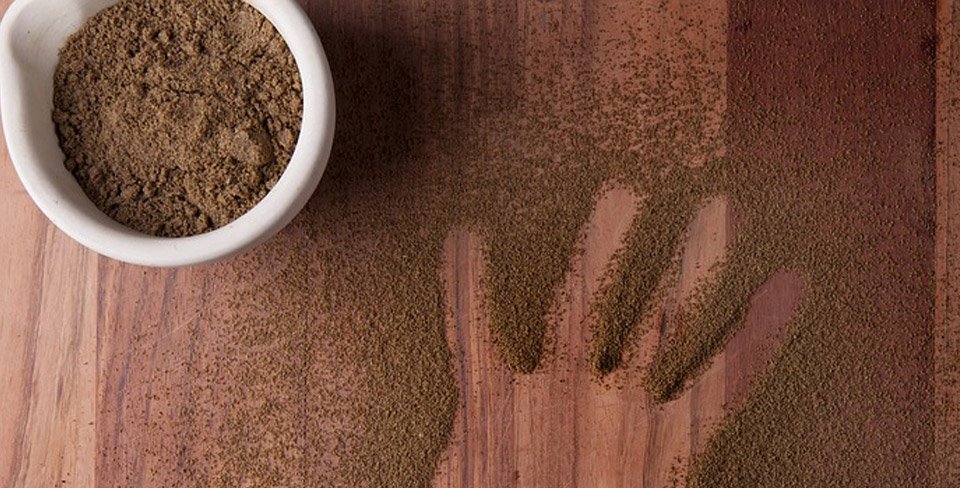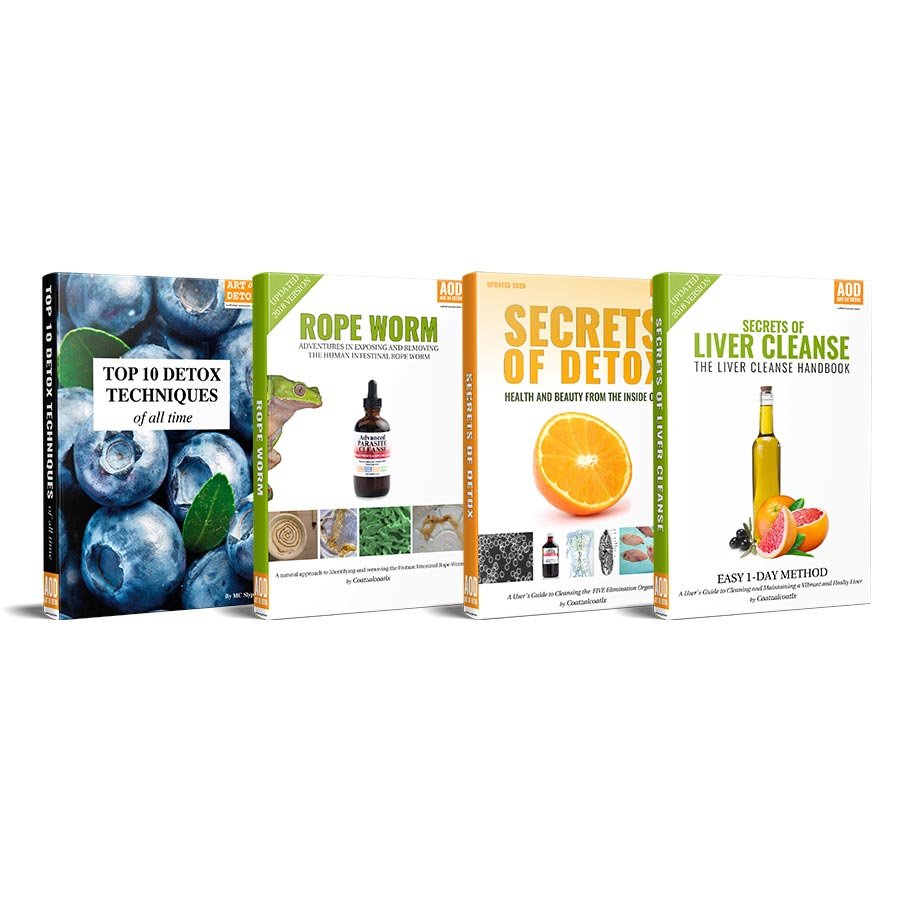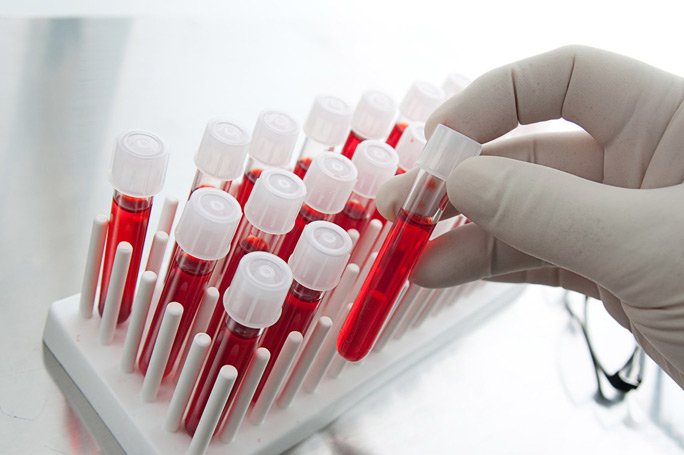The protein powder craze is one health trend that you should definitely avoid, and I’m about to tell you why!
All information in this article is for educational purposes only.
It is not for the diagnosis, treatment, prescription or cure of any disease or health condition.
Even with all their amazing health claims on everything from weight loss to better workouts to rock solid abs, I never felt drawn to protein powders. My feeling was always to stay close to nature with my foods, and I just wasn’t sure how a vanilla or chocolate or strawberry-flavored powder felt like anything except an overly processed food. Over the years, I started to hear from clients who were getting sick from these powders – mainly pain in the lower back, bad skin, insomnia, depression and kidney troubles. In every case, the symptoms occurred AFTER starting high doses of protein powder. As I started to look at the ingredients on different labels, I knew that my intuition on this one had been right all along.
Not a Whole Food
Most people mistakenly think that protein powders are just whole foods ground up into a powder form, and that is definitely not true. In fact, in order to get a high protein count, you have to extract the proteins out of the food and leave the rest behind. Otherwise, you could not get anywhere near a high protein concentration. And with protein powders, the more protein, the better.
Pea protein is the worst offender, especially for people who may react to these unnatural extracted proteins. That’s right…pea protein is an extracted protein, made in a lab, and it’s got a high glutamate concentration so it can affect you in the exact way as Monosodium Glutamate, or MSG. I’ve had a few clients who taking high doses of protein powders and they complained of migraine headaches, anxiety, and sensitivity to light or sound. Once we took the pea protein out of their diet, all symptoms disappeared.
Note: ALL pea protein is extracted, even if it’s 100% certified organic. The same protein powders can be used in diet and weight loss shakes as well as body-building blends.
Not Natural
Many protein powders contain “natural” flavors (note: the word “natural” is not regulated and can mean just about anything), artificial coloring and/or artificial sweeteners, none of which are good for your health. You can also find Genetically Modified (GMO) ingredients and/or Whey Protein Isolate, another high glutamate/extracted ingredient which is non-vegan and usually not organic so it can be high in antibiotics and pesticides too.
Not Regulated
Since protein powders are considered a “food” and not a supplement, they’re not actually regulated by the Food and Drug Administration (FDA). In a few cases, independent studies found high levels of heavy metals in certain ingredients such as organic brown rice protein. If your protein powder contains dangerously high levels of arsenic, cadmium or lead, how would you know? You won’t. Until it’s too late that is, and I don’t want that to happen to you!
Many of the ingredients in the mass-produced protein powders come from India and China, and they are not regulated for quality or contaminants. Those low-quality ingredients are most likely irradiated as well.

Hard on the Kidneys
So you’ve got an extracted unnatural powder protein that was heated to super-high temperatures, stripped of its fiber and is no longer a whole food. (Yikes!) What’s your natural, organic body going to do with that? You’ll have excess acid and uric acid build-up that’s created from the metabolic waste in trying to digest and break down all those proteins. Your skin and kidneys carry the burden of trying to release excess acids. You might smell an “acidic or tangy” odor in your sweat. Over time, the kidneys can become weaker and the risk of getting kidney stones or kidney disease can increase. Eating a high acid diet is also not good for your pH health. An anti-cancer diet is an alkaline diet, not a a high acid diet.
Not Around Long Enough to Know
The boom of high protein diets helped to make protein powders a new diet trend. Just read any Paleo, Dukan, Atkins or low carb diet website and you will see everyone is talking about protein – protein – protein. I’ve even heard people talking about cricket protein powders (and surely that’s coming from China so imagine what’s in it, really).
But here’s the deal – you can still eat plenty of protein if that’s your thing. Just choose whole foods! There are plenty of natural, vegan, organic whole food plant protein options out there. Since protein powders simply haven’t been around long enough to know if there are long-term consequences to your health, why take a chance?
Choose Real Whole Organic Food
Your body was designed to eat whole foods.
Here are 5 plant-based whole food protein sources:
- 164g chickpeas = 14.53g protein
- 118g pumpkin seeds = 35.21g protein
- 143g almonds = 30.34g protein
- 140g sunflower seeds = 29.09g protein
- 30g hemp hearts protein (3 Tbsp.) = 15.00g protein
Okay to Eat: Organic hemp protein, flax seed and spirulina powder. These are all whole foods; that means the whole seed or algae is dried and ground into a powder form. (The powders you want to avoid are the processed foods, such as “extracted, hydrolyzed, and protein isolates.”)
Best to Avoid: Pea protein, whey isolate, any hydrolyzed protein, natural flavors, aspartame, beet powder (if non-organic, this is usually GMO).
Other good vegetable/plant-based sources of protein include organic spirulina powder, sprouted mung beans, lentils, sesame seeds and dark leafy bitter greens.
You can make a super-healthy Green Smoothie with pumpkin seeds, hemp seeds, tahini (sesame seed paste), almonds and spirulina plus some fresh dark, leafy greens for an all-natural plant-based protein meal. You deserve the very best in health so I say choose the best!
Source: HealthyBliss





